What are Varicose (Spider) Veins? Symptoms, Causes & Treatment
Varicose veins (spider veins) are a common vascular condition in which the veins become enlarged and twisted. This condition affects millions of people worldwide, causing cosmetic problems and discomfort at an acute level and more serious health issues when it becomes severe.
Choosing the right doctor for varicose vein treatment is important. It involves considering factors such as expertise, treatment options, technology, patient outcomes, convenience, and cost. If you are looking for a varicose veins doctor near you, contact Miracles Apollo Cradle/Spectra.
Miracles Apollo Cradle/Spectra is one of Gurgaon's best varicose veins treatment hospitals, with a team of the best doctors for varicose veins in Gurgaon, skilled in various treatment procedures. We offer the best treatment for varicose veins such as laser therapy, allowing us to tailor treatment to individual needs and preferences. Equipped with advanced technology for diagnosis and treatment, we provide relief from varicose veins with our advanced treatments.
Don't suffer in silence, contact a varicose veins clinic near you to get relief from varicose veins with advanced treatments.
Here we will delve into the symptoms, causes, and treatment options for varicose(Spider) veins.
What are Varicose Veins?
Varicose veins are enlarged, twisted, and swollen veins that appear blue or dark purple and bulge beneath the skin's surface. They most commonly occur in the legs but can develop in other parts of the body as well.
What are the Symptoms of Varicose Veins?
Common symptoms of varicose and spider veins include:
-
Pain and Discomfort: Common especially after prolonged periods of standing or sitting.
-
Swelling and Heaviness: Often felt around the end of the day.
-
Visible Veins: Twisted, bulging veins, usually on the legs.
-
Skin Changes: Discoloration or inflammation, and in severe cases, skin ulcers may develop.
What Causes Varicose veins?
Several causes of varicose spider veins, including:
-
Age: As we age, the natural wear and tear on vein valves occurs. It weakens the veins over time and increases the risk of varicose veins.
-
Genetics: A family history of varicose veins can put you at risk for this condition.
-
Gender: Due to hormonal changes during pregnancy and menopause, females are more likely to develop varicose veins than males.
-
Pregnancy: During pregnancy, the pressure on the veins in the pelvis and legs increases. It leads to the development or worsening of varicose veins.
-
Occupational Factors: Jobs that involve prolonged standing or sitting can cause varicose veins.
-
Being overweight: Excess weight can put more pressure on leg veins and lead to varicose development.
How are Varicose Veins Diagnosed?
Diagnosis of varicose veins involves a multi-step approach:
-
Physical Examination: Your doctor will examine your legs to look for swelling, discoloration, visible, bulging, or twisted veins especially while you are standing.
-
Palpation: The doctor will gently feel the veins to assess their texture, size, and tenderness. They may also ask you to cough or perform specific activities to observe how blood flows through the veins.
-
Imaging Tests (if needed):
-
Doppler ultrasound: The Doppler ultrasound (USG) is a painless test. It uses sound waves to create images of your veins and evaluate the flow of blood. The Doppler ultrasound helps identify the location and extent of the varicose veins to confirm valve dysfunction and rule out blood clots.
-
Venography: In rare cases, your doctor may recommend venography. It is an X-ray that involves the use of a contrast dye injected into your veins, to obtain more detailed images.
-
How Can Varicose Veins Be Treated?
Varicose spider veins treatment includes:
-
Lifestyle Modifications: Engaging in routine exercise, maintaining a healthy weight, and avoiding prolonged sitting or standing can help manage symptoms.
-
Using Compression Stockings: Wearing compression stockings improves blood circulation in the legs and can help ease off symptoms of varicose veins.
-
Sclerotherapy: Sclerotherapy is a minimally invasive procedure. It involves injecting a solution into the affected veins, causing them to collapse and fade.
-
Laser Therapy: Laser treatment therapy can be used to target smaller varicose veins. It causes them to fade over time.
-
Endovenous Laser Ablation (EVLA): The EVLA procedure uses laser energy to seal off the affected vein. It redirects the flow of blood to healthier veins.
-
Surgery: In severe cases, doctors recommend surgical procedures such as vein stripping or ligation.
Conclusion:
Varicose veins are common. This vascular condition can cause discomfort and affect the quality of life of a person. For effective treatment, understanding the symptoms, causes, and diagnosis is important. With advancements in medical technology, effective treatments are available to manage varicose veins and improve overall vascular health.
Miracles Healthcare is the leading general surgery hospital in Gurgaon. We present ourselves as a potential option for varicose veins treatment with experienced specialists, a range of treatment choices, advanced technology, positive patient feedback, and possibly competitive pricing. To consult with varicose veins doctors in Gurgaon for an effective and personalized varicose vein treatment, contact us.
Miracles Healthcare offers comprehensive healthcare services through multiple facilities: Miracles Apollo Cradle, Miracles Apollo Cradle/Spectra, Miracles Fertility & IVF Clinic, and Miracles Mediclinic. Our facilities are located in Sec 14, Sec 56, and Sec 82, making daily healthcare more convenient for the people of Gurgaon.
If you suspect you have varicose veins, it is advisable to consult with general surgeon near you to decide the most suitable treatment.



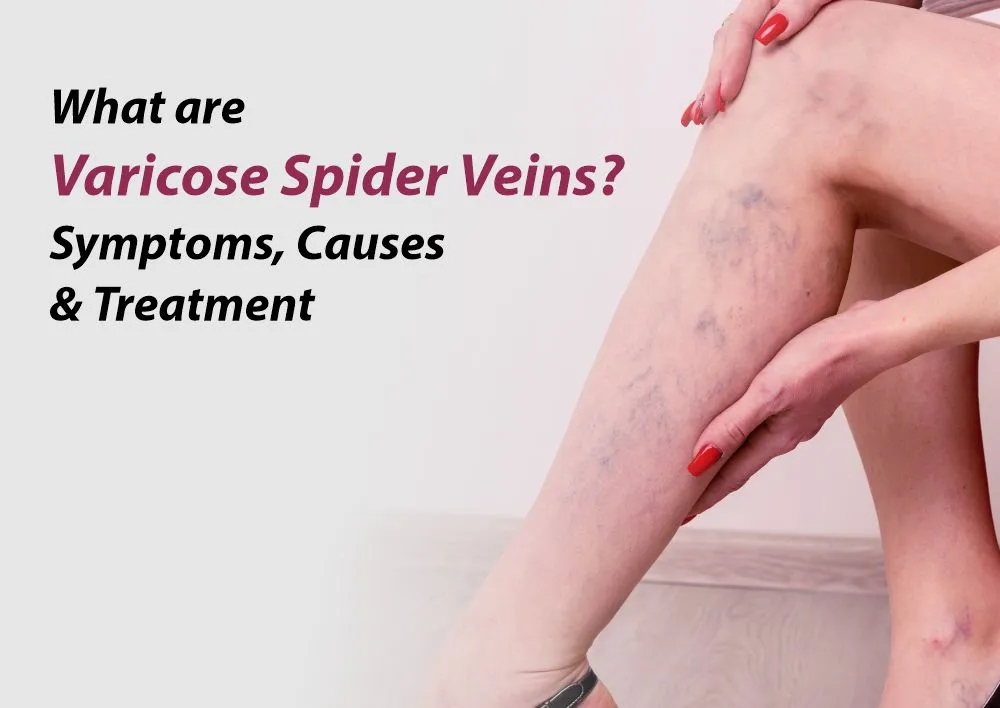

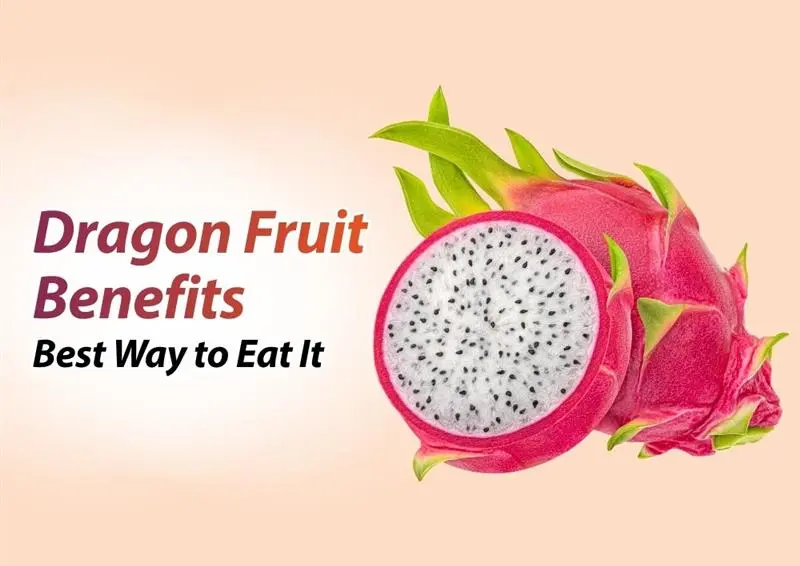
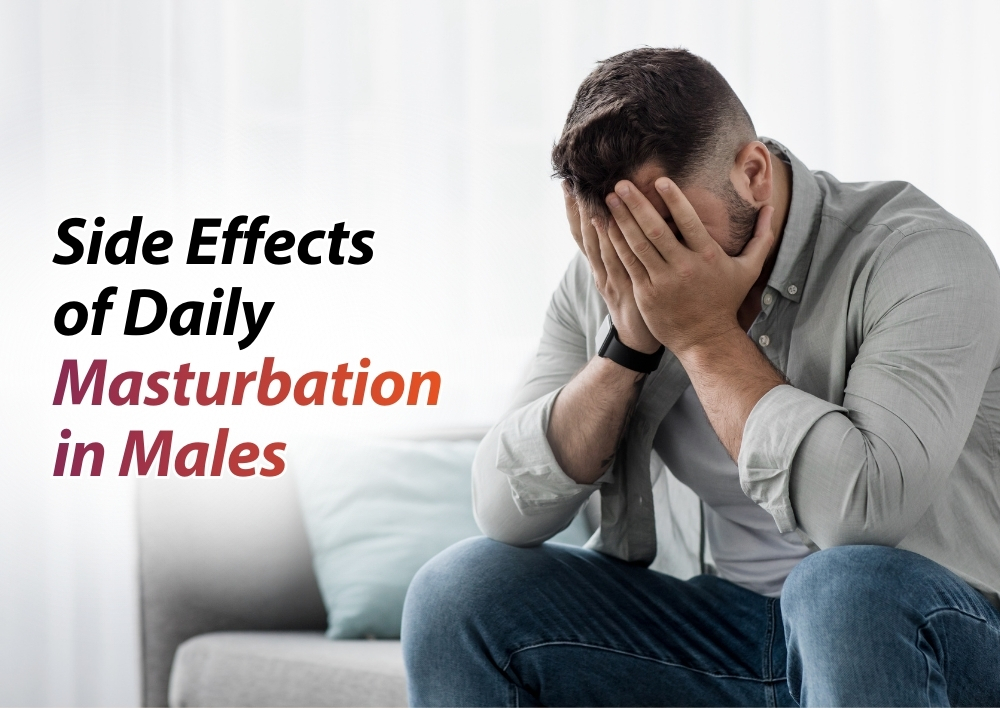
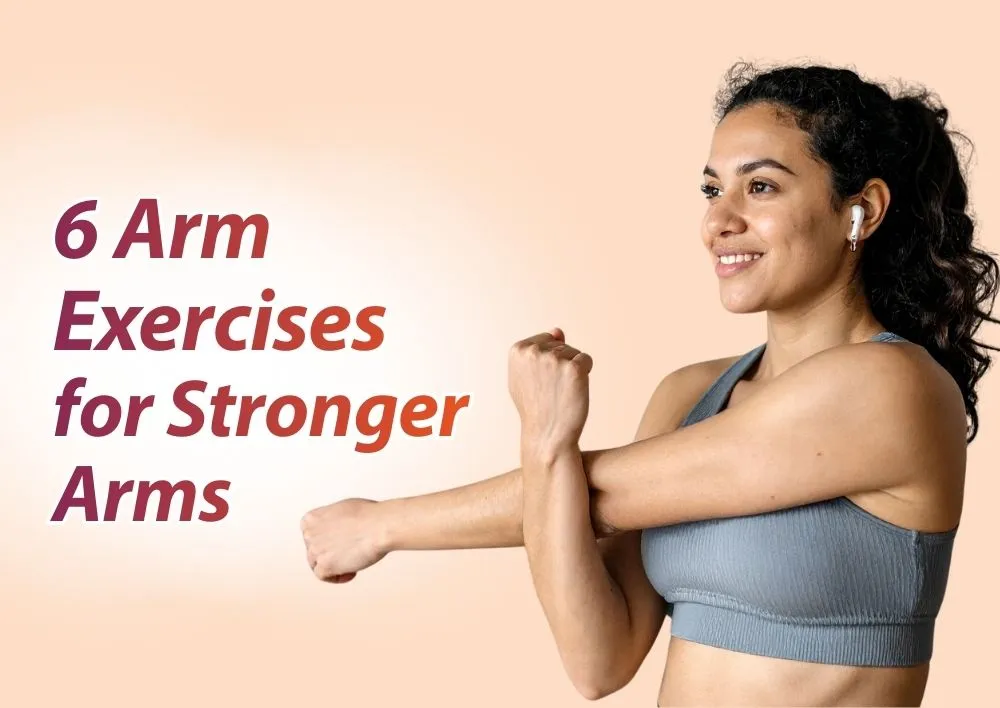
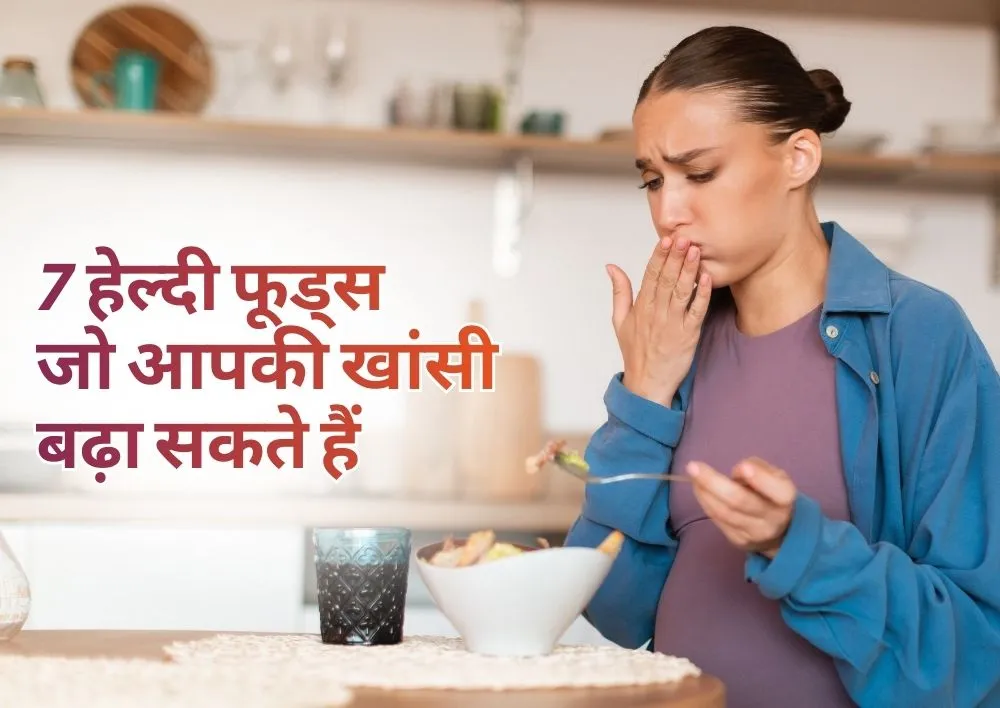
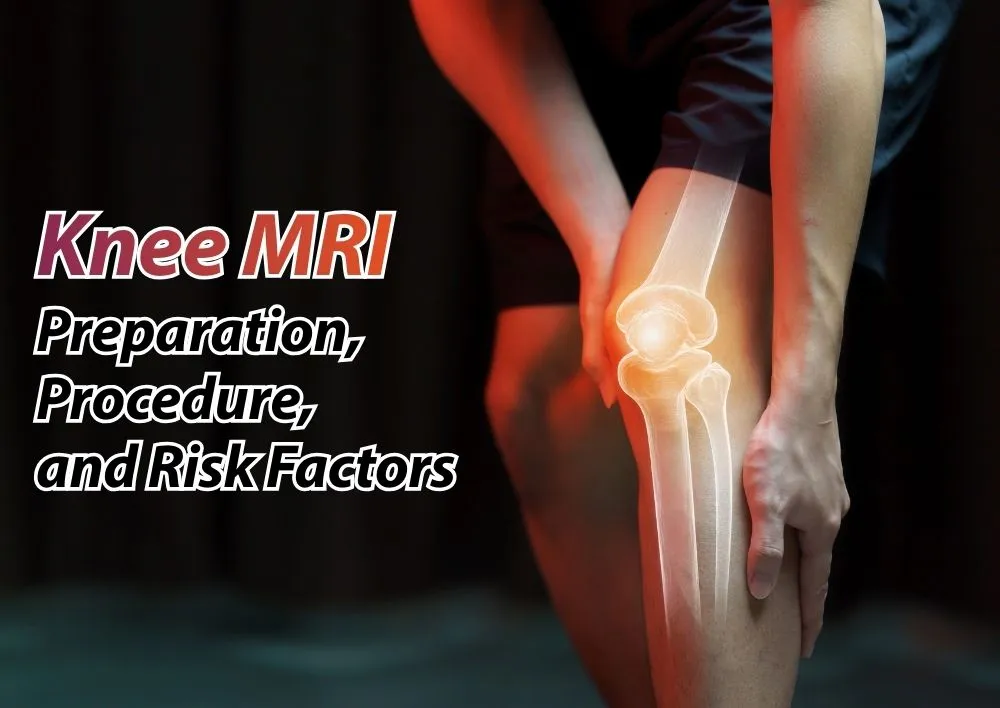





Was the information useful?
0 0